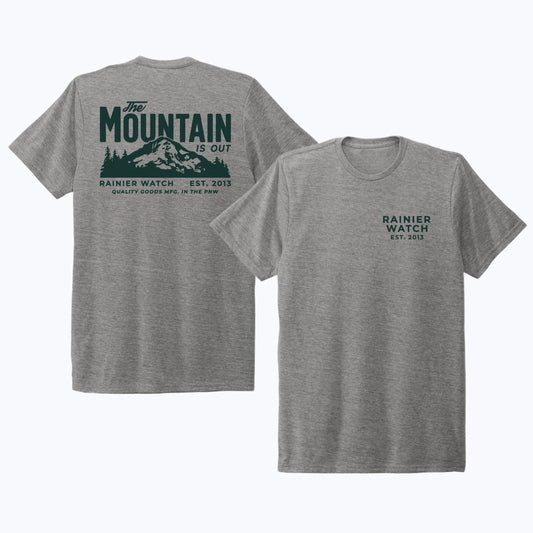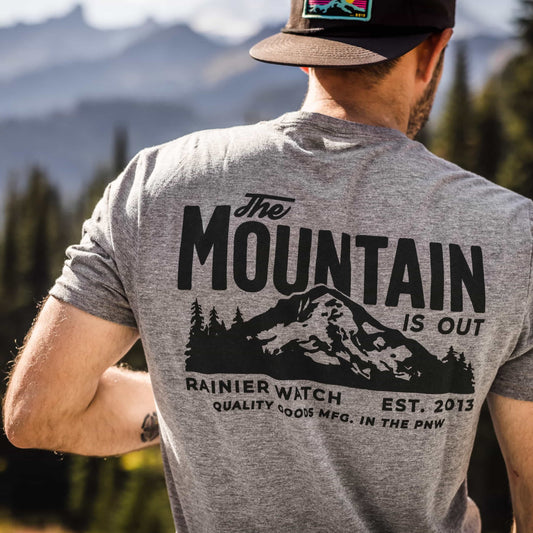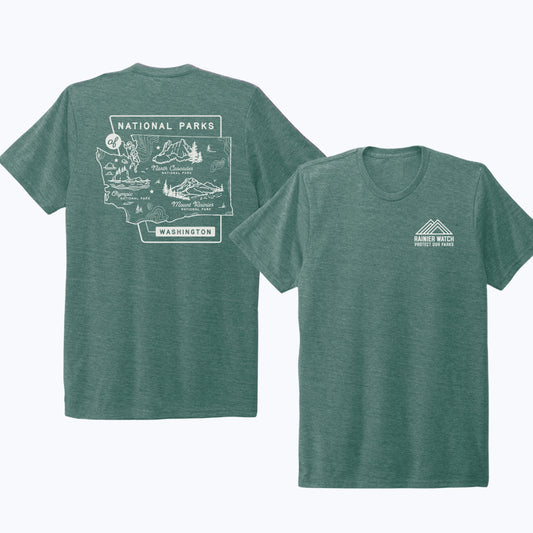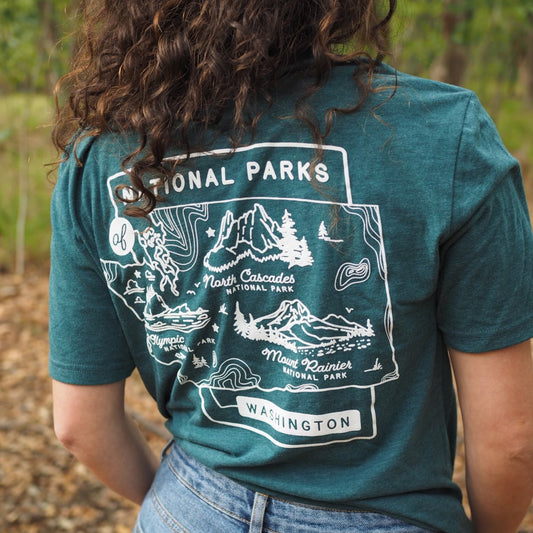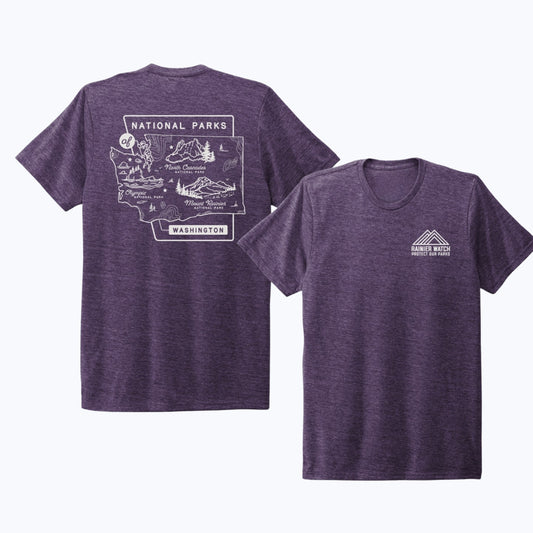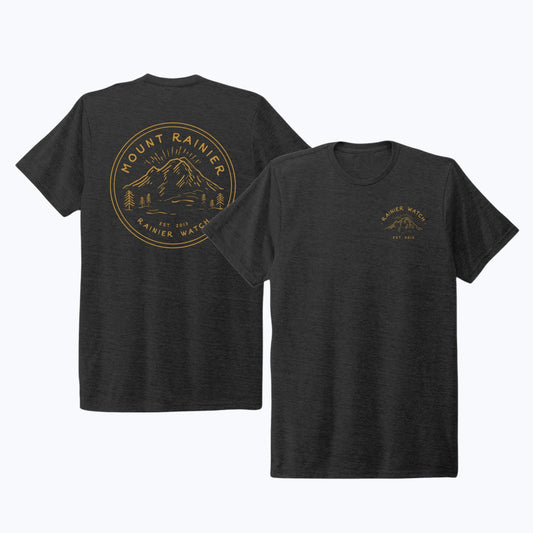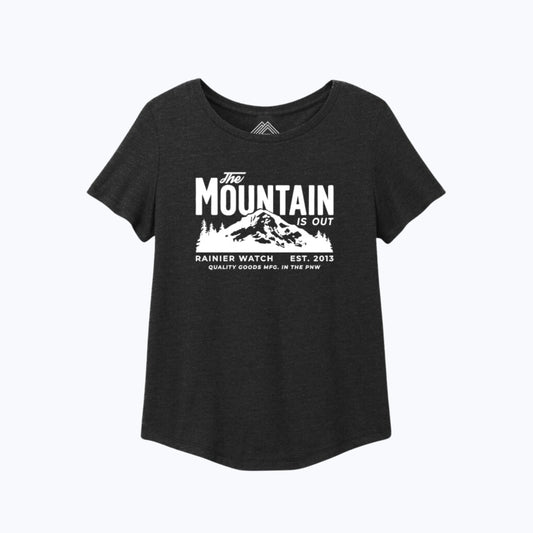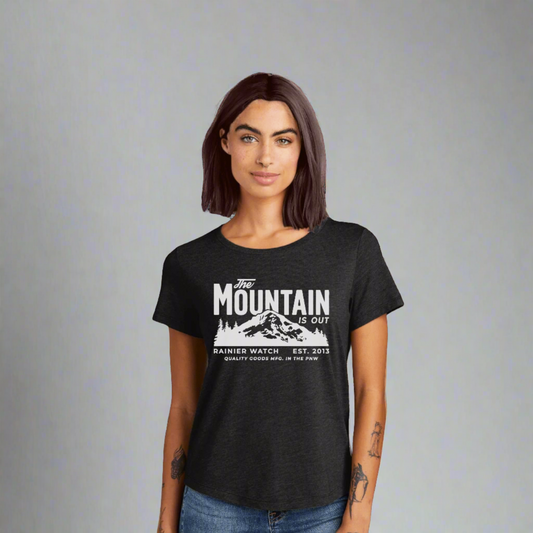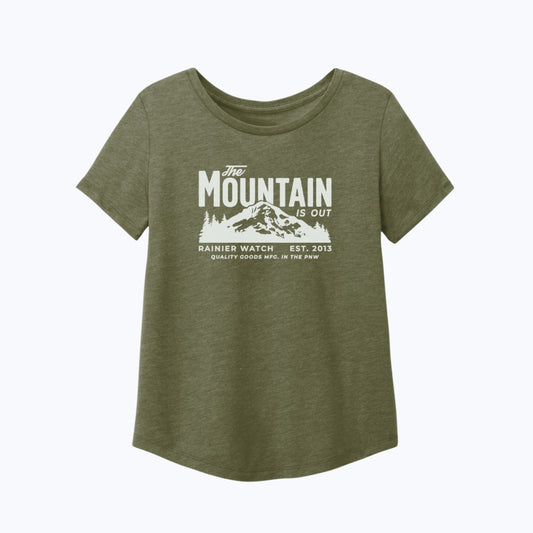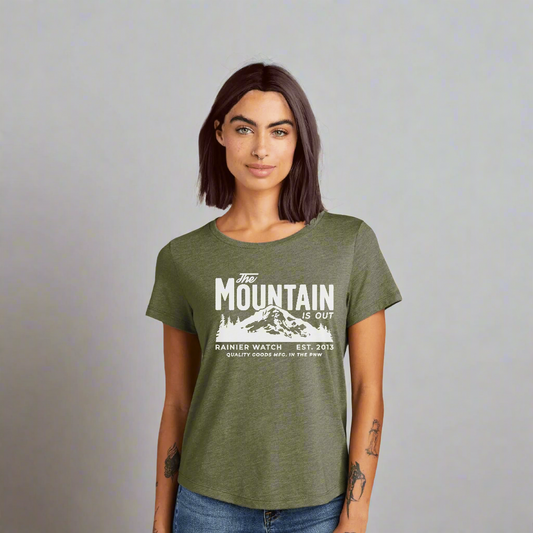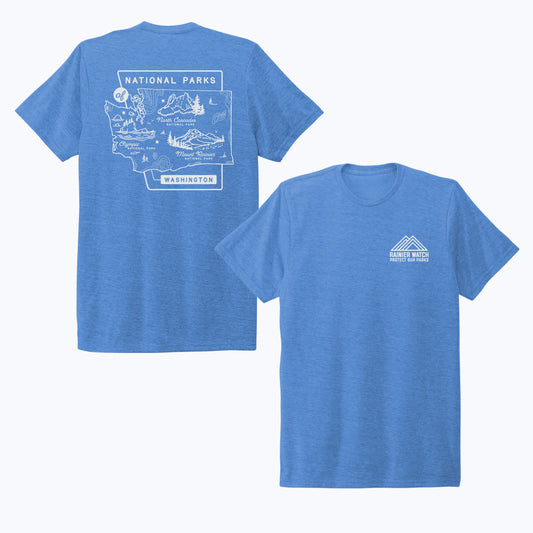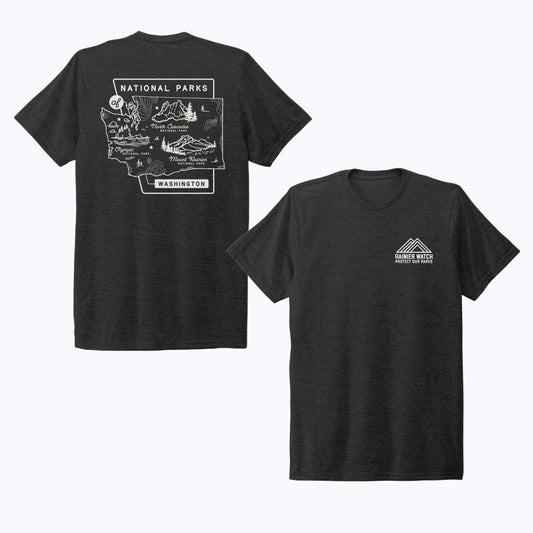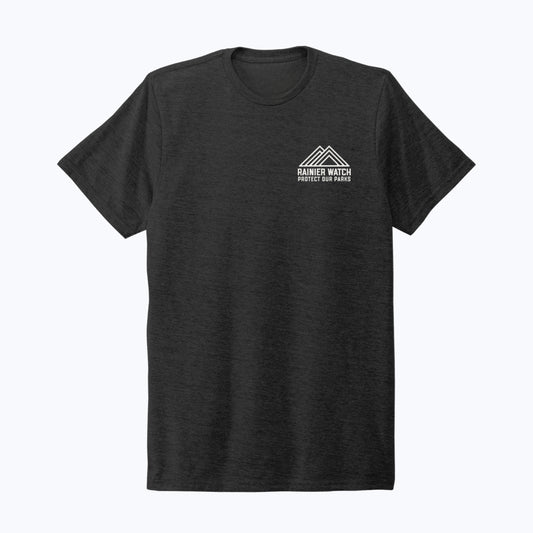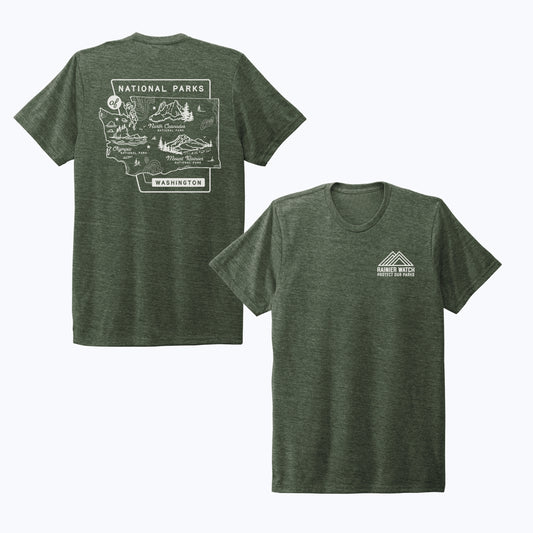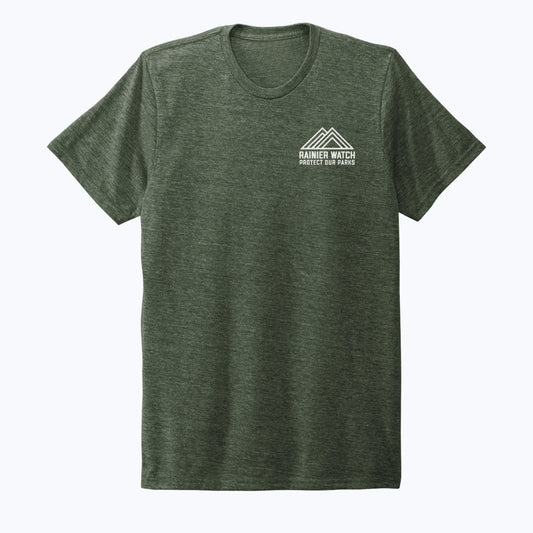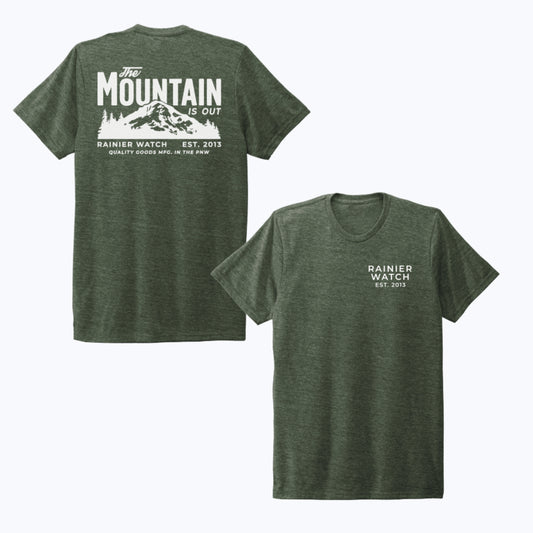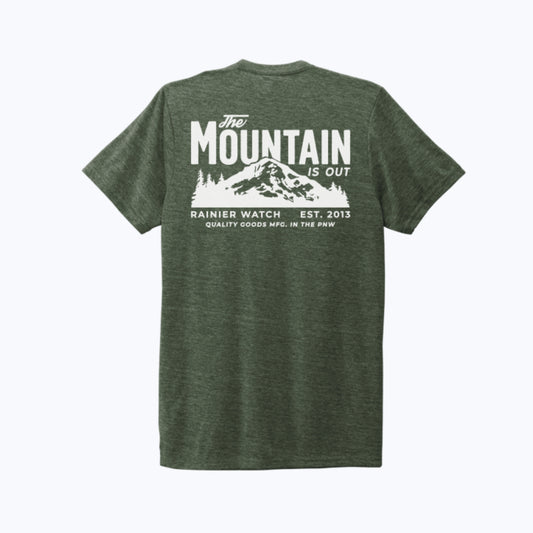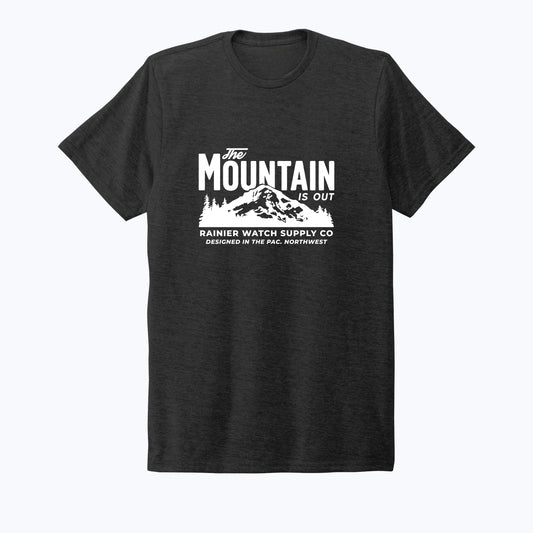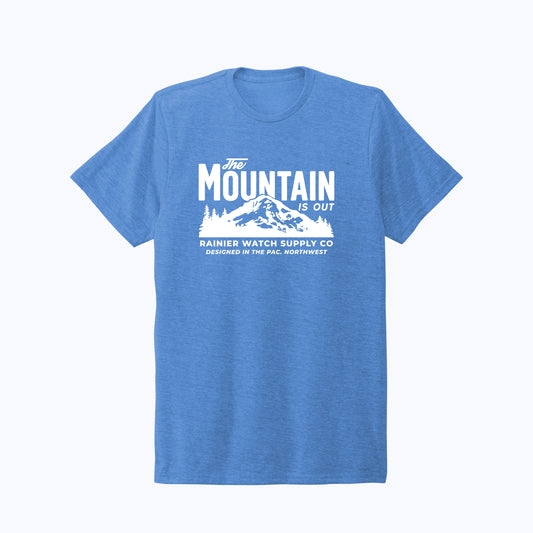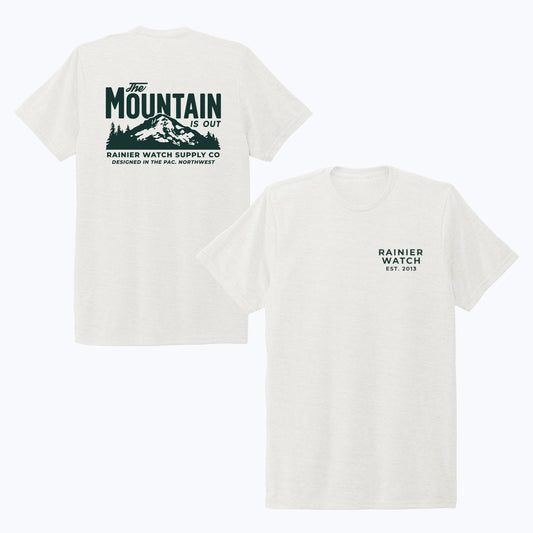-
The Mountain Is Out Unisex Eco Tee - Double Sided - Heather Gray
Regular price $42.00Sale price $42.00Unit price per -
Washington National Parks Unisex Eco Tee - Sea Green
Regular price $42.00Sale price $42.00Unit price per -
Washington National Parks Eco Tee - Huckleberry Purple
Regular price $42.00Sale price $42.00Unit price per -
Ranger - Unisex Eco Tee - Double Sided - Heather Black
Regular price $42.00Sale price $42.00Unit price per -
The Mountain Is Out Womens Eco Tee - Heather Black - Relaxed, Scoop Neck
Regular price $32.00Regular priceUnit price per$42.00Sale price $32.00 -
The Mountain is Out Womens Eco Tee - Forest Green - Relaxed, Scoop Neck
Regular price $32.00Regular priceUnit price per$42.00Sale price $32.00 -
Washington National Parks Eco Tee - Azure Blue
Regular price $42.00Sale price $42.00Unit price per -
Washington National Parks Eco Tee - Heather Black
Regular price $42.00Sale price $42.00Unit price per -
Washington National Parks Eco Tee - Heather Forest Green
Regular price $42.00Sale price $42.00Unit price per -
The Mountain Is Out Unisex Eco Tee - Double Sided - Heather Forest Green
Regular price $42.00Sale price $42.00Unit price per -
The Mountain Is Out Unisex Eco Tee - Front - Space Black
Regular price $42.00Sale price $42.00Unit price per -
The Mountain Is Out Unisex Eco Tee - Front - Azure Blue
Regular price $42.00Sale price $42.00Unit price per -
The Mountain Is Out Unisex Eco Tee - Double Sided - White
Regular price $42.00Sale price $42.00Unit price per
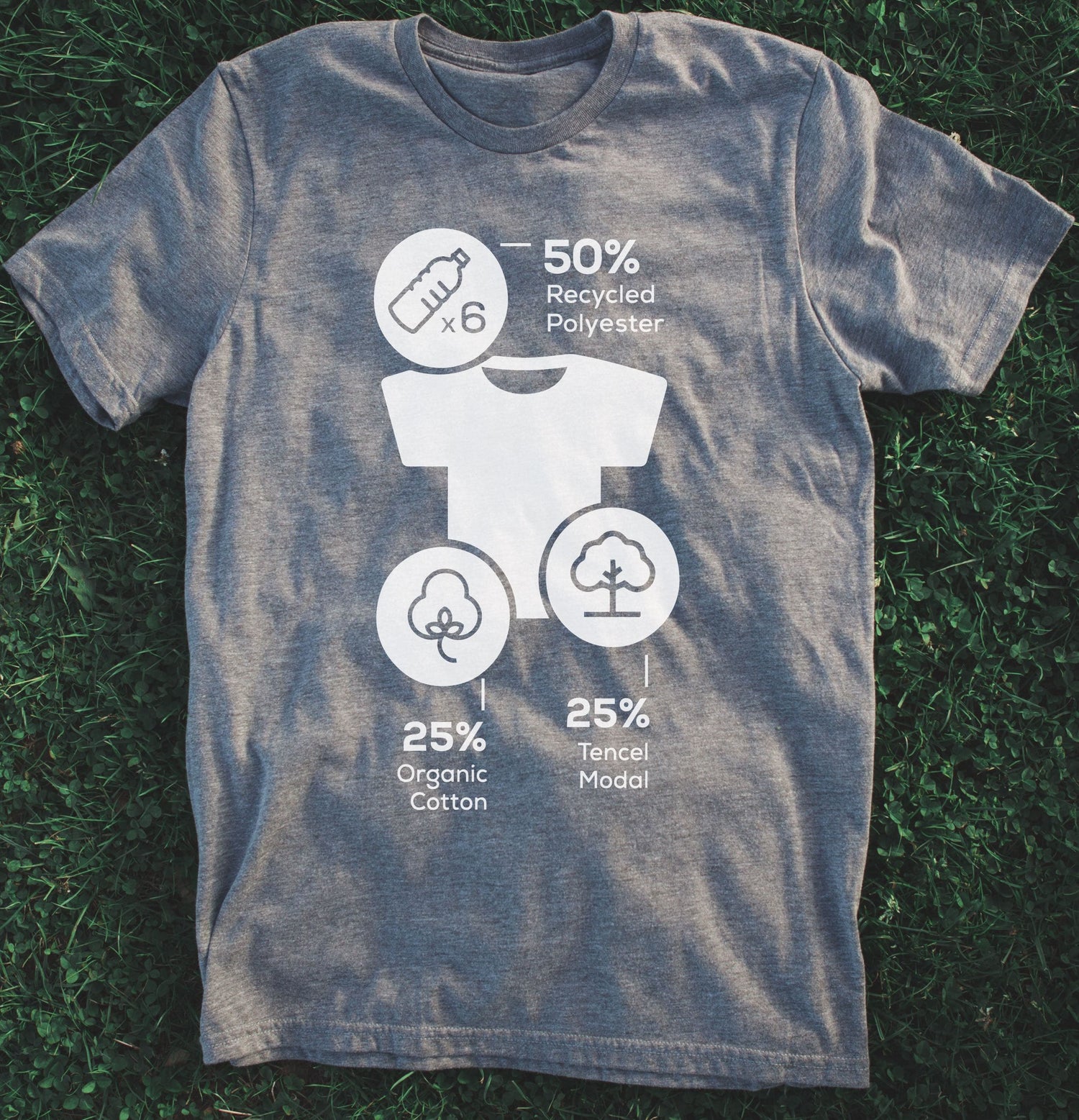
Better Materials
- 50% Recycled Polyester: Repreve® polyester from recycled plastic,
like water bottles, forms the foundation of the tri-blend. (Note: Our gray shirt is 25% recycled polyester)
- 25% Tencel Modal: TENCEL™ Modal sourced from sustainable beech trees build out the luxe feel of the shirt
- 25% Organic Cotton: Organic, US-grown, combed, ring-spun cotton is used for a soft, natural fabric
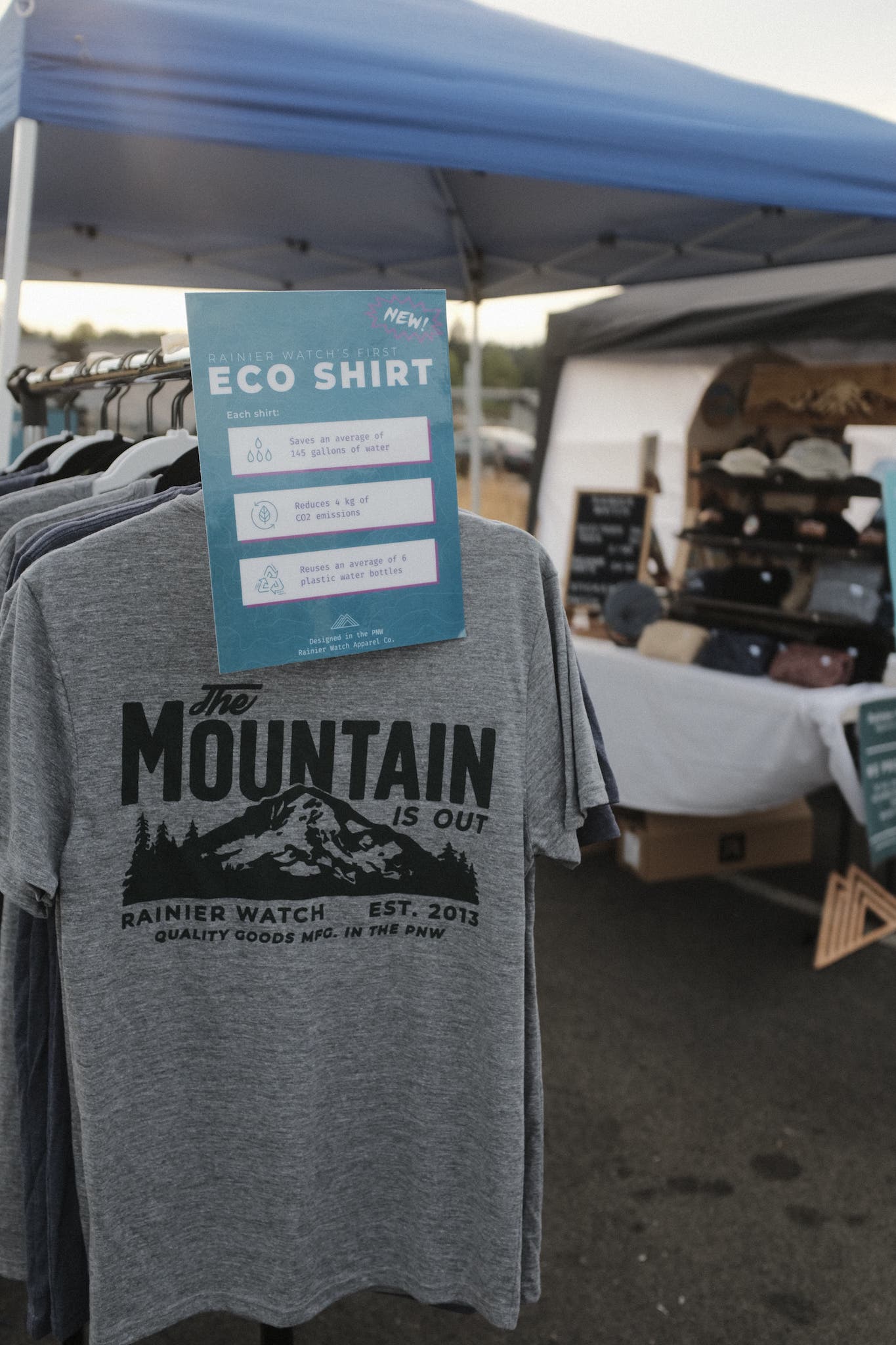
Better for Earth
You might have missed this part so I'll repeat it: These are made from recycled water bottles! 🤯
Each shirt on average:
- Reused 6 plastic water bottles, keeping them out of the ocean
- 4 kb of CO2 reduced, helping reduce our carbon footprint
- 145 gallons of water saved, keeping the water in natural places

Better for humanity
- Shirts are produced sustainably in ethical factories in Haiti
- Local workers are employed and paid livable, fair wages, building better jobs and communities
- The factory in Haiti directs all of its profits to orphan-related
initiatives and orphan transition programs that teach them vocational
skills
- The production factories are located within 500 miles of the cotton production, meaning less miles to travel and a smaller carbon footprint
- The workers make on average 3-4x the local minimum wage, enabling them to care for their children and afford to live near their workplace, so they can build balanced lives and a supportive community
- And, the workers can take vocational training and have opportunities for advancement to ensure they have upward mobility

